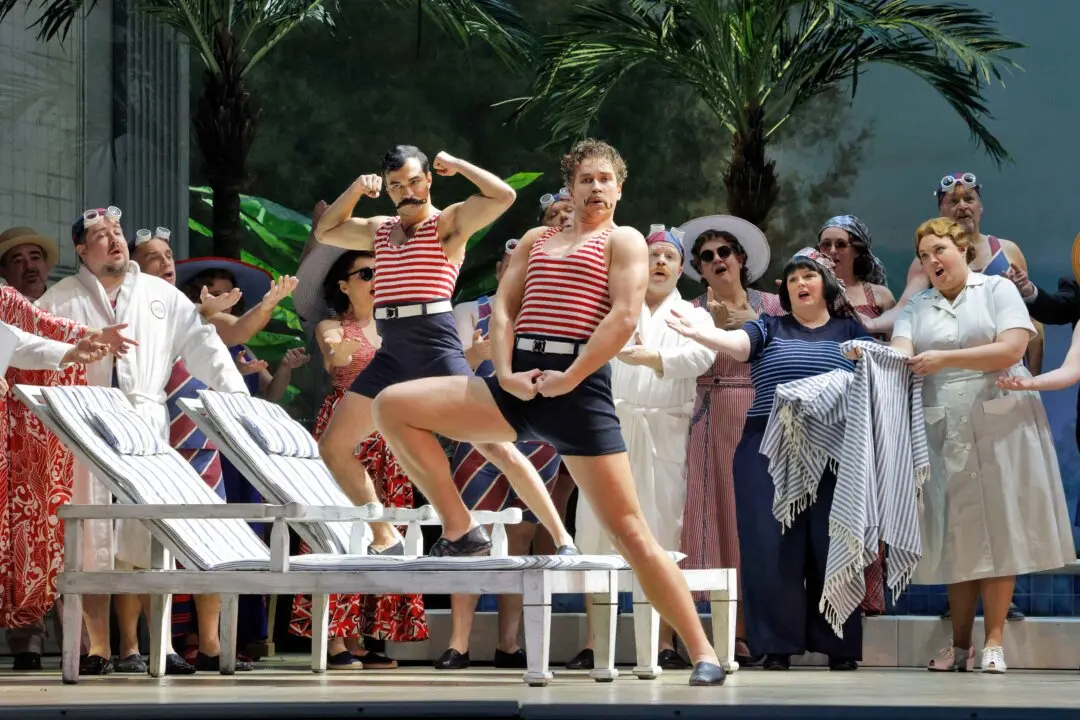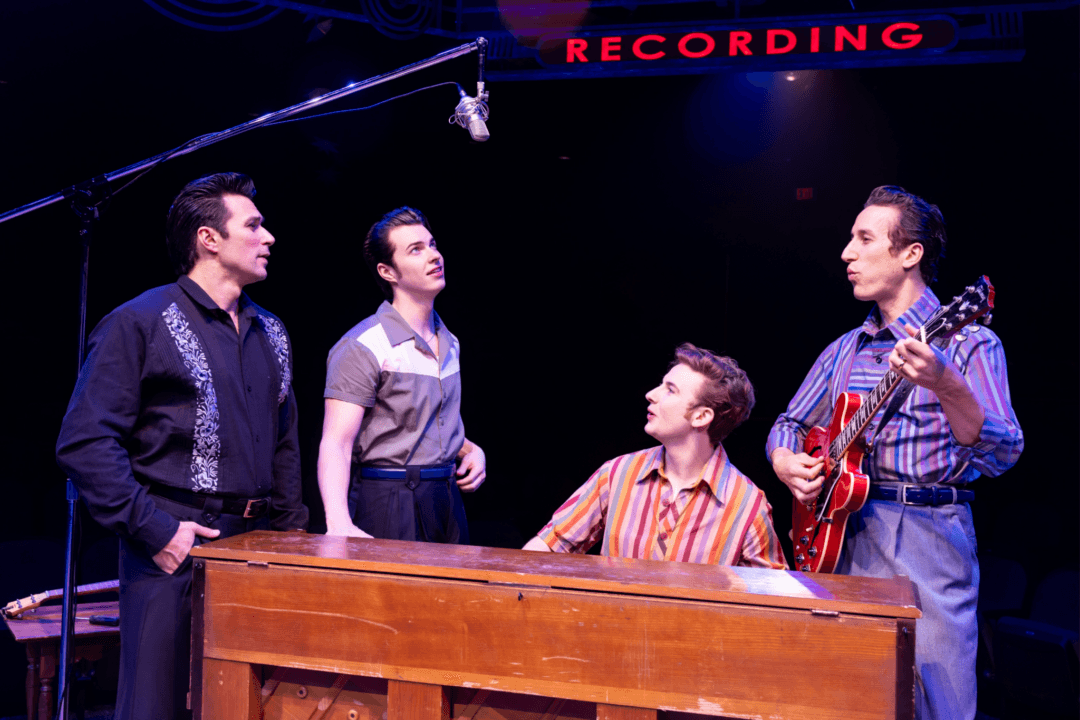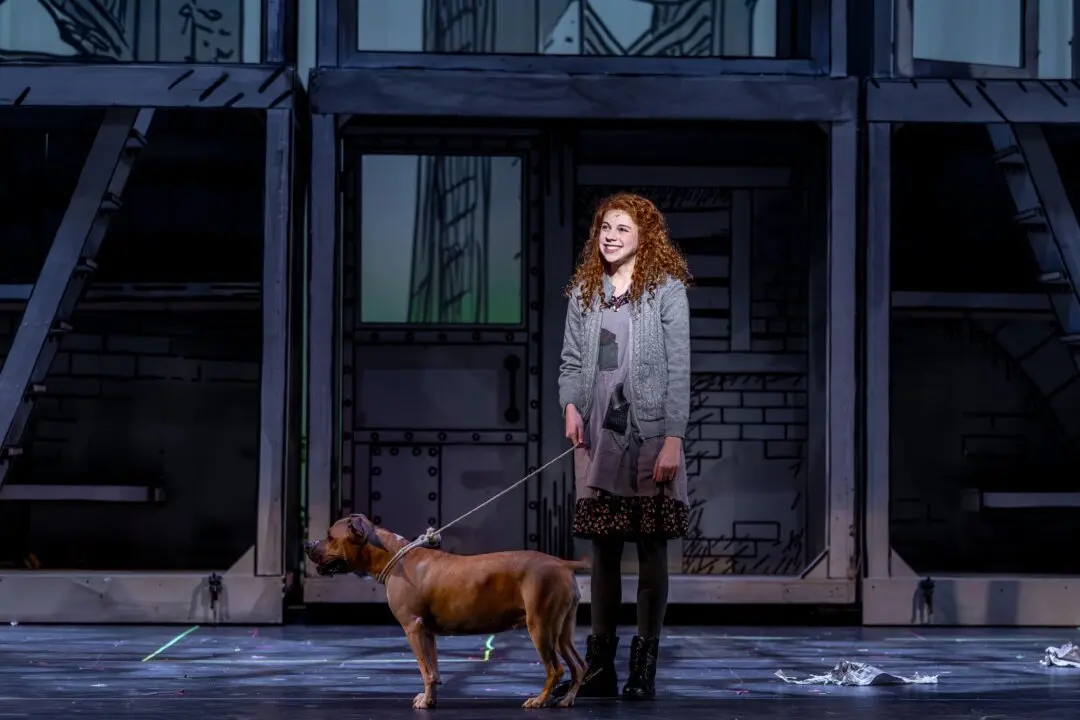CHICAGO—Characters that bump into furniture, laugh at inappropriate moments, and engage in plenty of pratfalls are not what one usually expects from Anton Chekhov’s (1860–1904) “The Cherry Orchard.” In the past, the play has typically been presented as a Russian tragedy. But that wasn’t the playwright’s intent. In this winsome revival, outgoing artistic director Robert Falls’s final production doesn’t focus on the sadness of Chekhov’s work, but on its comic aspects.
Falls’s interpretation embodies Chekhov’s intention. Russian director Konstantin Stanislavski, better known as the man who brought a method of realistic acting to the world, first staged the play at the Moscow Art Theatre in 1904; He emphasized the strand of melancholy in the work, rather than its comedy.




